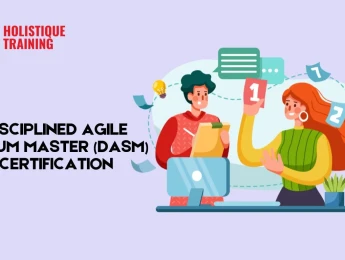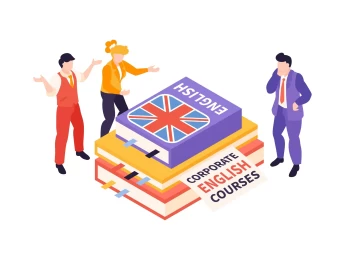A well-managed project requires collaborating and using the given resources to achieve its goal. It must do this within a given budget and using a planned schedule. Digitisation is a newer technology that means less time can be wasted in meetings and lost working time. It enables projects to operate more transparently and offers ease of communication, reducing costs. Learning how to manage digitised projects is vital as there can be risks surrounding deliverables. When a project fails, it can be determined it was because one of the components, change request, adoption failure, scope creep, or requirement management, failed, and the aim of using digitation is to reduce the risk of loss at any stage.
Digital libraries give everyone involved much more access to resources and provide a trail of changes and viewing history. It also offers better copyright and protection validity. Digital libraries are constantly evolving as a new technology, so this course aims to provide insights into the latest best practices. It will guide anyone involved in project management to ensure efficiency, enabling a project to be completed on budget and within the required time constraints.
Upon completion of this course, participants will be able to:
- Develop an adequate digitisation policy.
- Explain digitisation planning, monitoring and budgeting.
- Confidently understanding digitisation difficulties related to Optical Character Recognition (OCR)
- Learn project digitisation best practices
- Determine the best digitisation technology for each project
- Apply project management techniques when using project digitisation
This course is intended for
- Project managers
- IT Managers
- Account managers
- Program managers
- Digital practitioners
- Business sponsors
- Technical managers
- All professionals involved in project management or digitisation
Teaching takes place in a variety of settings, including face-to-face classroom teaching. It will ensure that participants can expand their knowledge of the subject and increase their skill set. The course is delivered via various methods by a specialist tutor. This will include PowerPoint presentations, reviewing articles and other relevant materials, group or individual exercises and discussions. There may be some independent work set, and the course will require submitting articles to demonstrate understanding and an end-of-course test. Note-taking is encouraged, and you are welcome to use electronic devices.
The course manual will form part of the learning but will give you references for the future. You are encouraged to ask questions and, if needed, spend time one-on-one with your tutor to review any issues. During your time in the classroom, you will be able to network with peers in similar roles.
Day 5 of each course is reserved for a Q&A session, which may occur off-site. For 10-day courses, this also applies to day 10
Section 1: What are Digital Libraries?
- Introduction to digital libraries, including definitions and framework
- How large-scale digital libraries are created
- Policy development for digital collection
- Legal and standard issues surrounding digitisation
- Protection of copyright when using digitisation
Section 2: Digitisation Projects
- Digitisation projects and standard projects - the differences
- Project mapping for digitisation capabilities
- Governance in digitisation projects
- Execution models for digitisation projects
- Proof of Concept: digitisation
Section 3: Managing a Digitised Project
- Digitisation project management planning: key characteristics
- Project Plan
- Collaboration plan
- Risk management
- Staffing plan
- Digitisation projects: change management
- Digitisation projects: cost estimation
- Digitisation project management: best practices
Section 4: Digitising Data-Principles and Methods
- Digitising records
- In-house or outsourcing of digitisation?
- Records discoverability
- Optical Character Recognition
- Application
- Limitation
- Local languages
- Content availability and protection
- Recording digitisation workflow
Section 5: Execute and Monitor a Digitisation Project
- AGILE project management for digitisation projects
- Applying the Digital Maturity Model
- Stakeholders: management and engagement
- Achieving excellence in managing digital records
- Digital records storage and maintenance
Upon successful completion of this training course, delegates will be awarded a Holistique Training Certificate of Completion. For those who attend and complete the online training course, a Holistique Training e-Certificate will be provided.
Holistique Training Certificates are accredited by the British Assessment Council (BAC) and The CPD Certification Service (CPD), and are certified under ISO 9001, ISO 21001, and ISO 29993 standards.
CPD credits for this course are granted by our Certificates and will be reflected on the Holistique Training Certificate of Completion. In accordance with the standards of The CPD Certification Service, one CPD credit is awarded per hour of course attendance. A maximum of 50 CPD credits can be claimed for any single course we currently offer.
- Course Code IND02-101
- Course Format Classroom, Online,
- Duration 5 days














